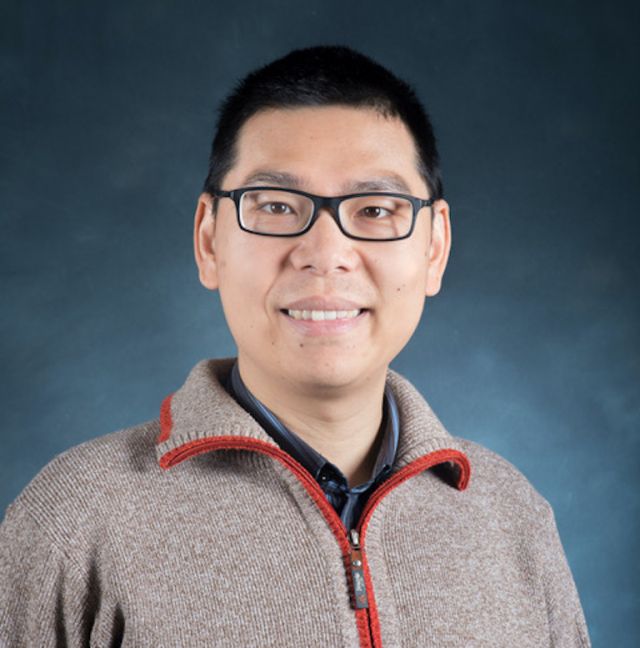BioPACIFIC MIP Seminar Series: Profs. Jia Niu and Christian Pester

Sustainability-Oriented Approaches to Precision Main-Chain Macromolecules
11:00am - 11:45am PST
Abstract
Synthetic polymers have fundamentally changed our society, but the accumulation of plastics in the environment and food chain has also led to a global crisis. A long-term goal of our research group is to develop novel sustainable synthetic polymers that are degradable, derived from sustainable resources, or possess a circular life cycle. In this seminar, I will discuss new strategies that enable precise control over the architecture, sequence, and microstructures of the main-chain degradable or depolymerizable polymers, such as vinyl plastics with degradable main-chain groups and self-immolative polymers. Taken together, we hope these efforts will enable the synthesis and applications of novel main-chain polymers with tailor-made properties for a sustainable future.
Biosketch
Jia Niu is an Assistant Professor of Chemistry at Boston College. Jia obtained a B.S. degree (2005) and a M.S. degree (2008) from Tsinghua University in China. He then moved to the United States to pursue a PhD degree at Harvard University, working with Professor David R. Liu on the enzyme-free translation and directed evolution of synthetic polymers. After working as a postdoctoral scholar in the laboratories of Professor Craig Hawker and Professor Tom Soh at University of California, Santa Barbara, Jia joined the faculty of Boston College in 2017. Currently, Jia and his group are focused on developing sustainable plastics using biobased building blocks, understanding functional roles of sulfation patterns in bioactive macromolecules, and the directed evolution of genome editors. Jia is a recipient of ACS PMSE Young Investigator Award (2021), NSF CAREER Award (2020), NIH Director’s New Innovator Award (2019), and the Beckman Young Investigator Award (2019).

Shining Light on Polymer Surfaces
11:45am - 12:30pm PST
Abstract
The covalent attachment of polymers has emerged as a powerful strategy for the preparation of multi-functional surfaces. Patterned, surface-grafted polymer brushes provide spatial control over a variety of physical properties and allow for fabrication of ‘intelligent’ substrates which selectively adapt to their environment. This presentation describes recent advances in our group in using photolithography to produce topographically and chemically patterned polymer brush surfaces via surface-initiated (SI) photoinduced electron/energy transfer (PET) reversible addition–fragmentation chain transfer (RAFT) polymerization. Using this oxygen tolerant approach, organic light emitting diodes (OLEDs), anti-microbial surfaces, and anti-fogging coatings are engineered to highlight facile pathways towards advanced functional surfaces. Oxygen tolerance, mild reaction conditions, and the use of visible light make this approach user-friendly in its application for the design of patterned and functional organic thin films.
Biosketch
Christian received his Diploma in Polymer and Colloidal Chemistry from the University of Bayreuth (Germany), before working for Prof. Alexander Böker at the DWI - Leibniz Institute for Interactive Materials (RWTH Aachen University, Germany). In 2013, he graduated summa cum laude and was awarded the Borcher’s Medal for his Ph.D. thesis on block copolymers in electric fields. He was then hosted by Profs. Edward J. Kramer and Craig J. Hawker at the University of California, Santa Barbara (USA) as an Alexander-von-Humboldt Feodor-Lynen Postdoctoral Fellow. Christian is currently the Thomas K. Hepler Early Career Professor in Chemical Engineering at the Pennsylvania State University and holds courtesy appointments in the Chemistry Department and the Materials Science and Engineering Department.